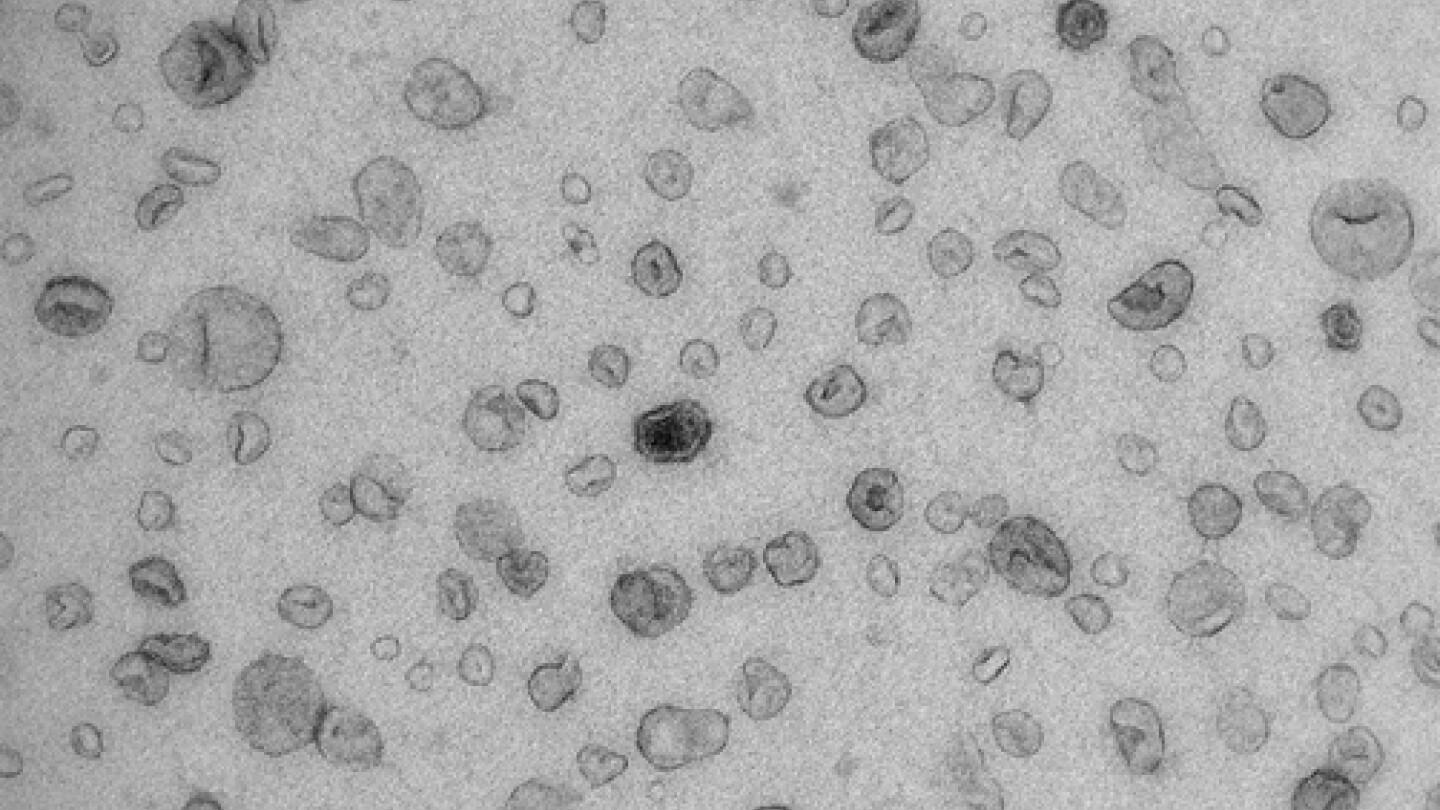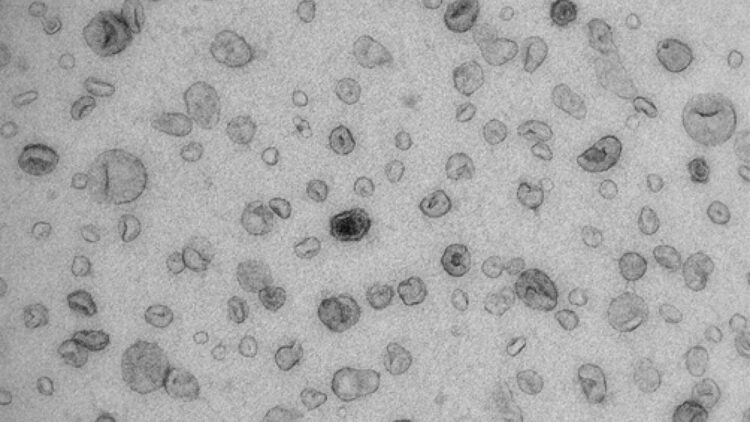
Credit: Pekka Rappu, University of Turku
Researchers from Ghent University, Belgium, together with researchers from the University of Turku, Finland, have developed a new method for biomarker discovery of urological cancers. The method enables timely diagnosis and treatment of cancer. Urological cancers include e.g. prostate, bladder and kidney cancers.
Biomarkers are biological signatures in the body that can indicate the presence of cancer. A promising source of new biomarkers are extracellular vesicles. These are microscopic vesicles that are released by cancer cells into biological fluids, such as urine.
– Detecting and examining these vesicles in urine has an enormous potential for developing new tests for early detection of urological cancers. However, research related to this is still in its infancy, says Bert Dhondt from Ghent University.
To date, no sufficiently effective method exists for separating extracellular vesicles from urine. Such method would be essential for investigating these vesicles and using them in patient diagnostics and treatment. This means that extensive laboratory research into these promising biomarkers has not yet been translated into new urine tests which can help patients. The recently published study addresses this problem in several ways.
New ‘Toolbox’ Helps Mapping the Composition of Extracellular Vesicles
Researchers concluded that the currently used methods for separating extracellular vesicles from urine are not optimal for detecting new cancer biomarkers. Therefore, they developed a new ‘toolbox’ to map the composition of urinary extracellular vesicles.
This ‘toolbox’ consists of a novel method, developed at Ghent University, to separate extracellular vesicles from urine with high purity. In addition, researchers at the University of Turku were involved in developing a method for determining the protein composition of the vesicles.
– We have the know-how and the world’s top equipment here at the University of Turku for determining the protein composition of biological samples, whereas the researchers at Ghent University represent the very top in extracellular vesicle research. Therefore, the distribution of work was very clear from the beginning, notes Docent Pekka Rappu from the Department of Biochemistry at the University of Turku.
Researchers applied this new method to urine samples from patients with prostate, bladder and kidney cancer. They established that extracellular vesicles in urine carry protein signatures specific to the various urological cancers. Using this new toolbox, the researchers were also able to map the protein composition of urinary extracellular vesicles in unprecedented detail.
Results Can Accelerate the Development of New Tests
Extracellular vesicles are increasingly being recognized as promising cancer biomarkers. Thanks to this recent research, scientists now have access to a new ‘toolbox’ that brings us one step closer to the development of promising new urine tests.
– In the future, the results of the study can aid patients with urological cancers through faster diagnosis and timely treatment, sums Bert Dhondt.
###
This research was carried out by the Laboratory of Experimental Cancer Research and the Urology Department of Ghent University Hospital. The research was supported by an international collaboration with the Department of Biochemistry at the University of Turku, Finland.
Cancer Society of Finland has funded the research conducted in Turku.
The study has been published in the Journal of Extracellular Vesicles.
Media Contact
Docent Pekka Rappu
[email protected]
Original Source
https:/
Related Journal Article
http://dx.





